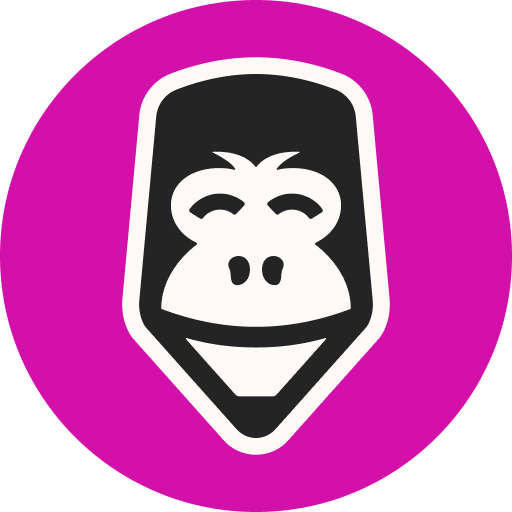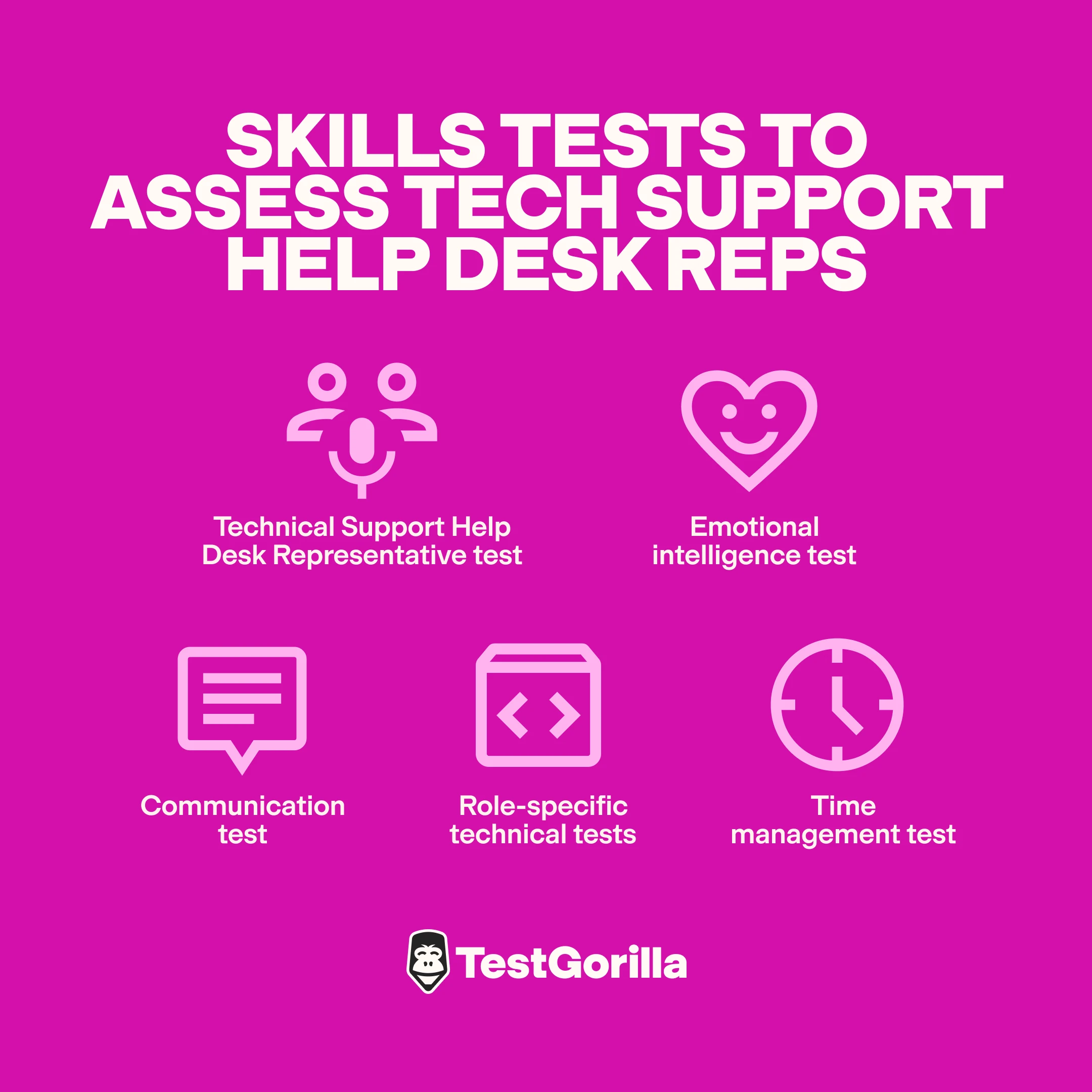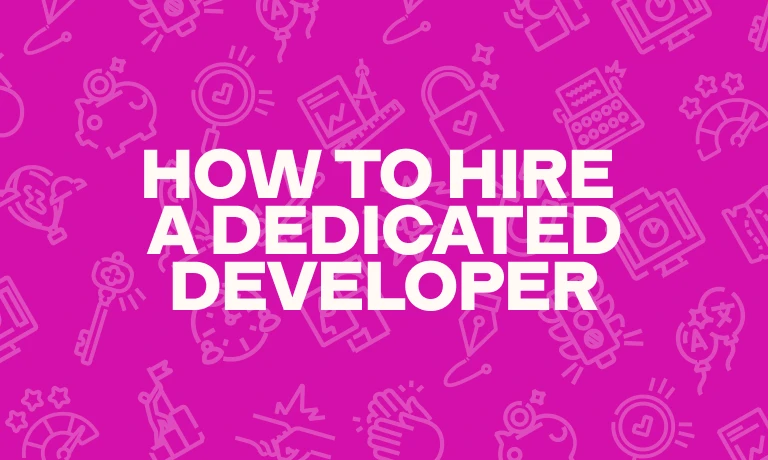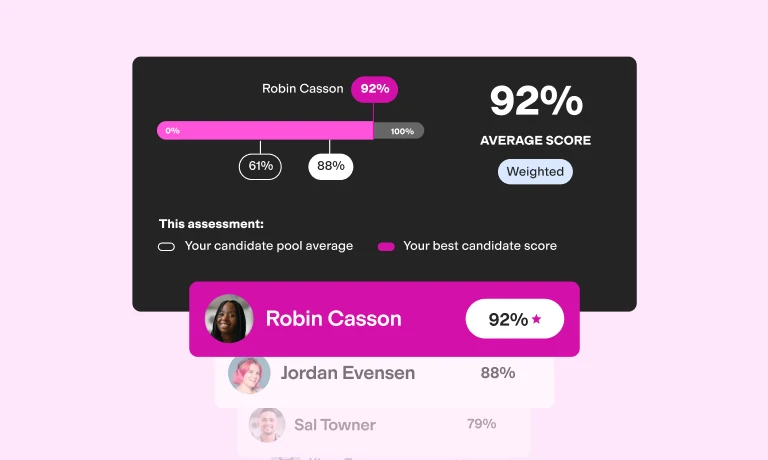In a recent chat with TestGorilla, LevelUp Operations Director Chris Winfield-Blum emphasized a key truth: “The success of a help desk hinges on hiring the right people.”
But how can you hire the right people if you aren’t confident they have the right skills? And how do you even start evaluating those skills – without spending ages sifting through resumes or defaulting to gut instinct?
As the leader in skills-based hiring, TestGorilla is here to help.
We spoke with several hiring pros – and tapped into our internal expertise – to bring you this guide on assessing technical support help desk representative skills. You’ll get insights on questions to ask, assessments to use (including our Technical Support Help Desk Representative test), and more.
Technical support help desk representative skills that actually matter
Since you can’t assess skills you haven’t defined, let’s first explore what capabilities make for a successful technical support help desk representative. (Spoiler: They go beyond what’s listed in your average IT support specialist job description.)
Hard skills
All technical support help desk representatives need hard skills – the abilities that help them diagnose and resolve technical issues efficiently. But Winfield-Blum explains that the technical knowledge a rep needs largely depends on their support tier.
For instance, tier 1 reps need “general but not detailed” knowledge: enough familiarity with systems, ticketing tools, and workplace software to resolve common problems quickly.
“Rather than being required to know SQL, they must know when a problem needs to be escalated to a database administrator,” he says.
“Their core competencies must be in being able to proficiently navigate helpdesk software (like Zendesk or Jira Service Management), use knowledge bases, and possess a strong familiarity with normal business software like Google Workspace, Microsoft 365, and collaboration tools like Slack or Teams.”
Jane Matthews, Founder of Wildcat Careers, agrees: “A solid grasp of operating systems, ticketing platforms, networking basics, and remote troubleshooting tools gives support staff the confidence to handle most issues quickly and escalate effectively when needed.”
Higher tiers demand deeper expertise, such as in “reading logs, querying databases with SQL, understanding APIs, or even light scripting,” Winfield-Blum notes. “These agents aren't just following a script; they are investigating and diagnosing complex, often unique, problems.”
Across all levels, though, all tech support help desk reps must demonstrate operational excellence. “The candidate must be familiar with the fundamentals of ticketing, service level agreements (SLAs), and escalation procedures,” says Winfield-Blum.
Harrison Jordan, Founder and Managing Lawyer of Substance Law, adds that this technical baseline should also include a solid understanding of “the hardware and software components that comprise the products or services you support,” as well as “security and networking protocols.”
Soft skills
Hard skills are essential, but they’d be little without the support of soft skills – abilities that bring the human element to technical problem-solving.
Winfield-Blum points to three soft skills that are crucial for tech support help desk representatives:
Empathy and emotional intelligence: understanding a user’s frustration and resolving it with patience and reassurance
Adaptive communication: tailoring tone and language for different audiences, from anxious customers to technical engineers
Passion for problem-solving: showing a genuine curiosity and persistence in finding the root of a problem
Other experts we spoke to prioritize similar soft skills.
Matthews says clear communication, empathy, adaptability, patience, and curiosity are must-haves so that reps can build trust with users and clients.
And for Christian Zeron, Partner at LMFNYC, a level head and a desire to learn are non-negotiables for tech support help desk agents:
“From my experience, a candidate who isn’t able to stay level-headed and effectively communicate with an aggrieved [user], regardless of technical acumen, is a risk. [...]
“Another essential characteristic I seek is curiosity and a commitment to ongoing learning. [...] An excellent technical support person is not the one who has all the answers, but one who has all the questions and knows how to find the answers, and is passionate to learn more.”
The expert way to assess tech support help desk rep skills
So, how do you find candidates who possess these skills? Experts agree with what we’ve believed for years: You must verify candidates’ capabilities through talent assessments and structured behavioral interviews.
Start with skills assessments
According to our 2025 State of Skills-Based Hiring Report, more than 50% of today’s employers say that the hardest part of hiring is determining whether candidates have the skills they need.
Skills assessments solve this challenge by measuring ability directly and removing guesswork from the hiring process.
TestGorilla’s Technical Support Help Desk Representative test, for example, measures practical abilities like diagnosing technical issues, managing tickets, and assisting users with empathy.
You can then complement this test with others, such as:
An emotional intelligence test to further assess self-awareness and empathy
A communication test to evaluate whether candidates can explain solutions clearly
A mix of role-specific technical tests, such as ones on network fundamentals or cybersecurity awareness
A time management test to check how candidates prioritize and stay calm under pressure
Combining various role-relevant tests into a comprehensive assessment means you get a holistic view of each candidate’s strengths and weaknesses. With that, you can look deeper than just who looks good on paper and spot who will truly thrive in the role.
This is backed by hard evidence: Our research shows that skills testing reduces bias and improves hiring outcomes. Plus, Zenkevich tells us he’s experienced this firsthand. He explains that taking the time to conduct an emotional intelligence test and perform a task test (more on that below) “dramatically improved hiring accuracy and, more importantly, customer retention.”
Use structured behavioral interviews
Candidates who perform well on their skills assessments can move forward to the interview stage. But these can’t be any old conversations – they should be structured behavioral interviews.
“Structured” means that every candidate answers the same questions and responses are scored against consistent criteria, such as a 1–5 rating scale. “Behavioral” refers to what the questions test: how candidates think, act, and communicate in real-world situations.
Specifically, Winfield-Blum recommends scenario-based help desk interview questions like these:
To test empathy and emotional intelligence: “A person calls, sounding desperate. They’ve accidentally deleted an important file needed for a presentation that must be submitted in an hour. The file does not show in their recycle bin. Walk me through exactly what you would say and do, starting the first time you pick up the call.”
To test problem-solving passion: “Tell me about a time you had a problem that nobody on your team knew how to solve. What did you do?”
Matthews uses a similar approach:
“We use a conversational interview technique to assess for candidate culture and fit. For example, [we] give candidates a common issue, such as a user who can’t connect to Wi-Fi, and ask them to talk through how they’d solve it. You’re not only checking their technical process, but also their tone, patience, and ability to de-escalate.”
Zeron does as well, telling TestGorilla that he presents candidates with a hypothetical customer problem, such as this: “A sample client is upset that the software is down, and they have a critical deadline coming up in one hour.”
When evaluating responses, look for both the proper technical explanation and the way the candidate explains how they’d behave in the situation. As Zeron explains, “How [does] the candidate maintain their composure under pressure? Are they calm? Are they asking clarifying questions? Are they expressing empathy?”
→ For more inspiration on what to ask, check out our guides on desktop support interview questions, technical support interview questions, and IT support interview questions. |
Incorporate simulations and role-playing
To go a step further, you can conduct simulations and role-playing exercises – either within structured interviews or as part of a separate evaluation phase later.
One great way to do this is through a short, paid test task that mirrors real help desk work. It’s one of Zenkevich’s go-tos for assessing capability:
“Instead of asking them to fix some generic bug on GitHub, give them temporary access to your support portal, complete with a log of ‘customer tickets.’ Pay them to do a small task, such as getting a user account unblocked or walking a customer through a scripted setup of their device.”
[...] It reveals how they communicate, document, and grasp what needs to be done. It also helps you find candidates with the right mix of skills you're unlikely to find from resumes alone.”
You can use a test task with any of your candidates, but for roles in tiers 2 or 3, Zeron recommends roleplaying exercises like debugging a minor issue or troubleshooting a connectivity problem.
“We don't simply test if they can fix the problem, but also how they proceed to resolve it,” he notes. “Do they think clearly? Do they document the step-by-step detail? Do they know when to bring the team into it?”
You can also hold an exercise to test communication skills across all candidates, as Winfield-Blum suggests. He recommends giving candidates a tricky support ticket and asking them to write two responses: “an email to the technical customer explaining the solution in simple, easy-to-follow steps [and] an internal knowledge base article for other support reps explaining the technical reason and solution.” This lets you see whether they can adjust tone and technical depth for different audiences.
The best insights on HR and recruitment, delivered to your inbox.
Biweekly updates. No spam. Unsubscribe any time.
Stop guessing, and start testing
Hiring a help desk specialist doesn’t have to be a gamble. When you look beyond resumes and push past guesswork to test real-world skills, you’ll find candidates who have what it takes to succeed.
TestGorilla makes that easy. With a library of 350+ tests at your disposal, you can create custom talent assessments for any of your open roles.
Book a demo to see what TestGorilla has to offer, or sign up for a free plan and start hiring help desk talent today.
Contributors
Chris Winfield-Blum, LevelUp, Operations Director
Andy Zenkevich, Epiic, Founder & CEO
Jane Matthews, Wildcat Careers, Founder & Recruiter
Harrison Jordan, Substance Law, Founder & Managing Lawyer
Christian Zeron, LMFNYC, Partner and Creative Director
Related posts
You've scrolled this far
Why not try TestGorilla for free, and see what happens when you put skills first.



















